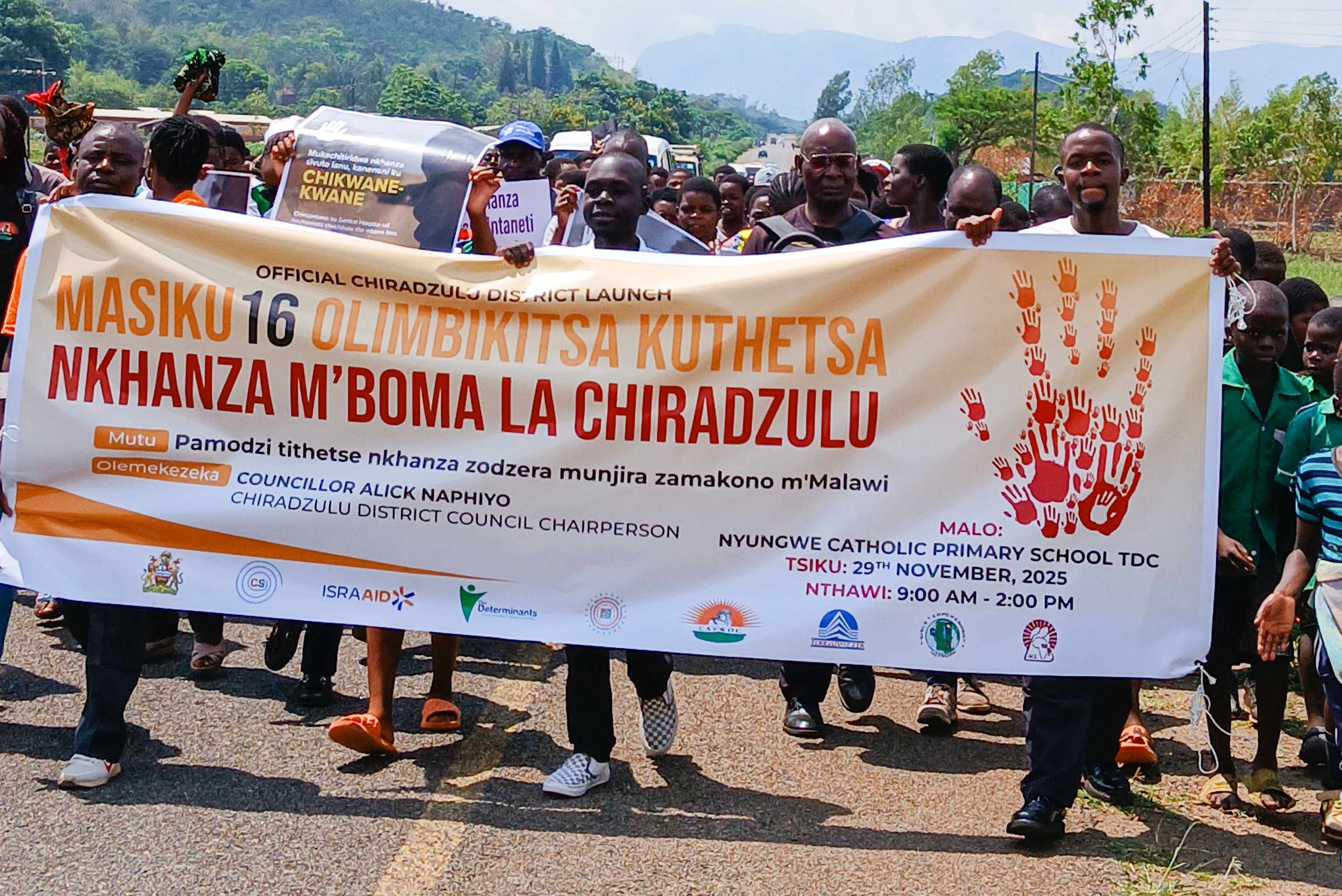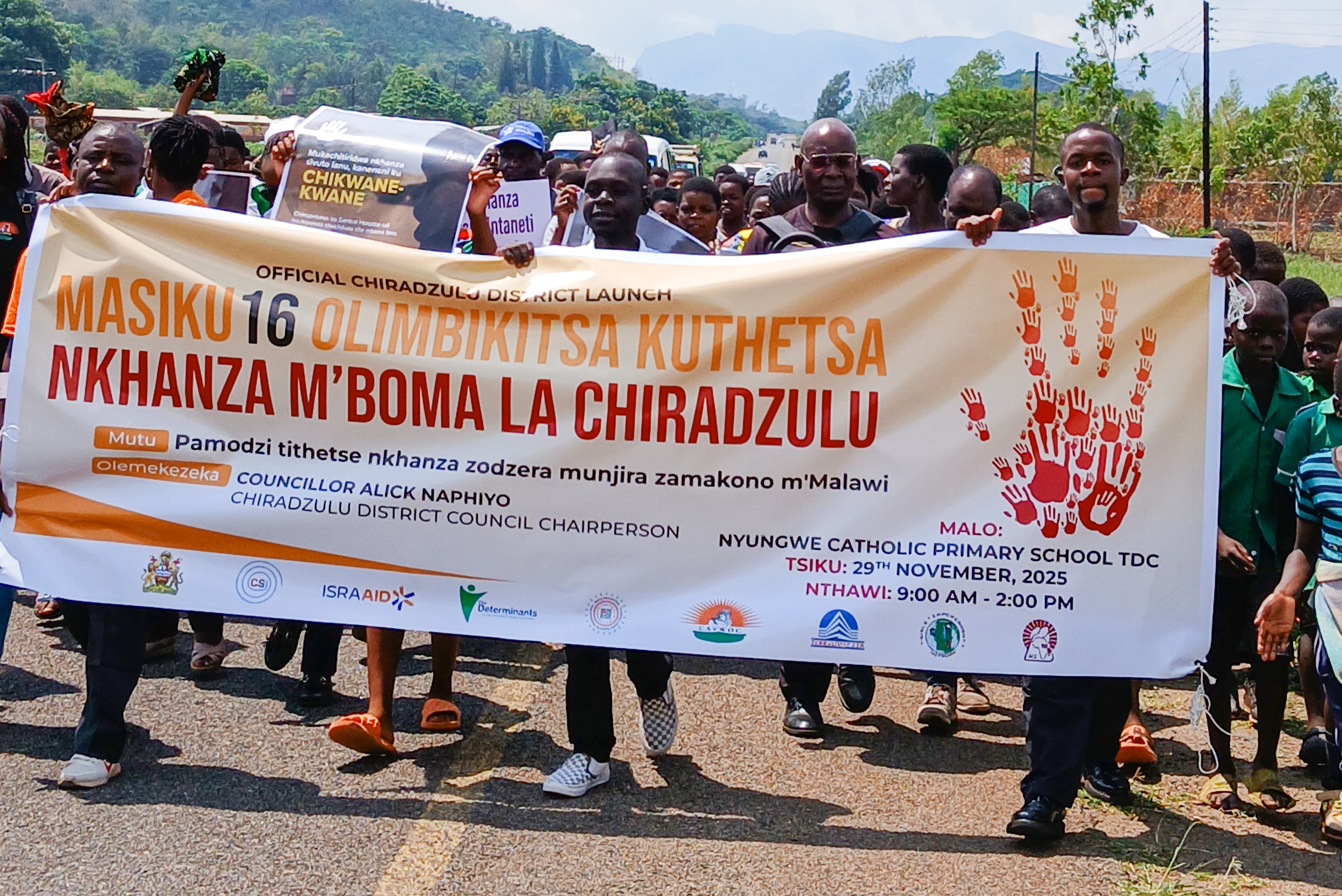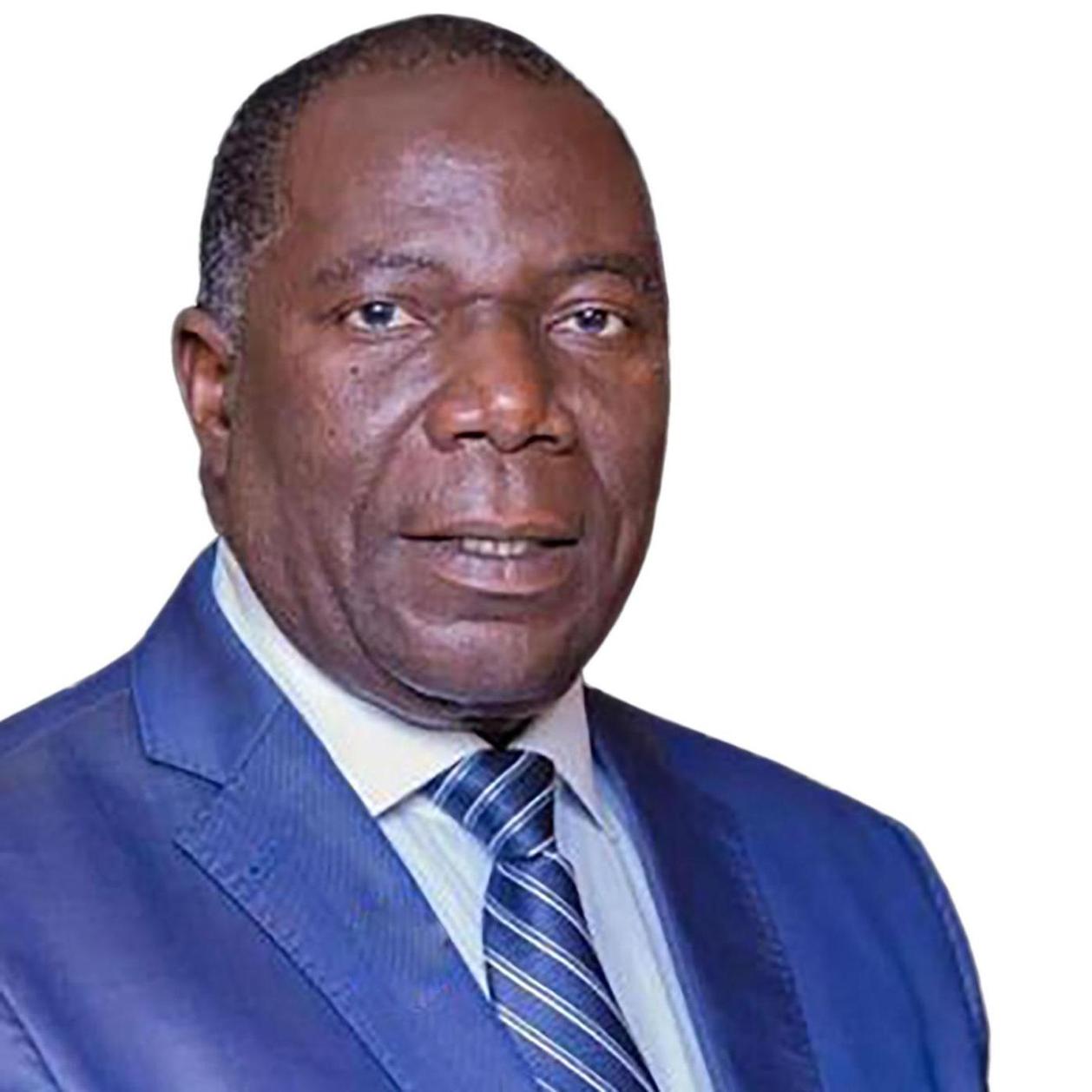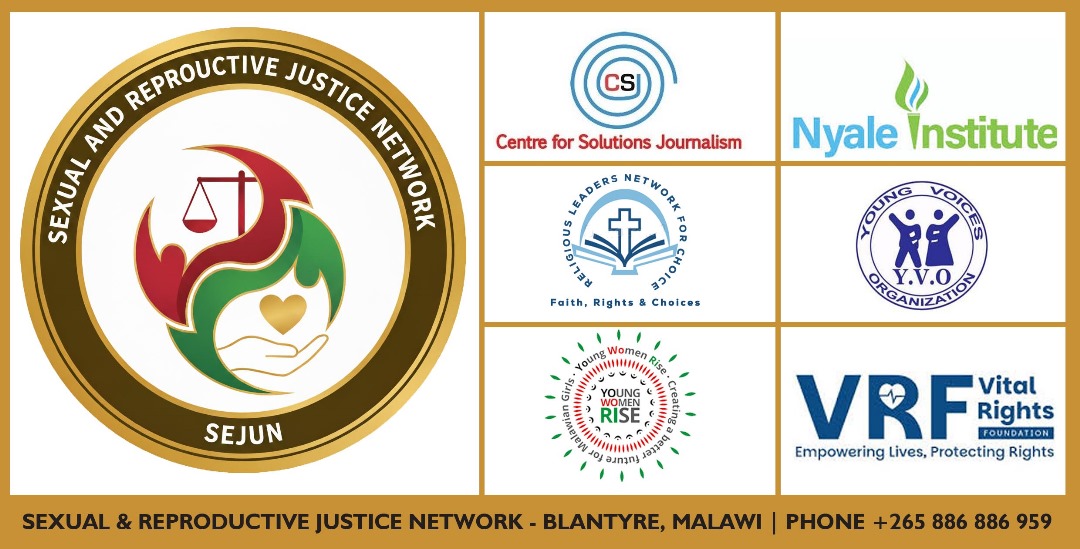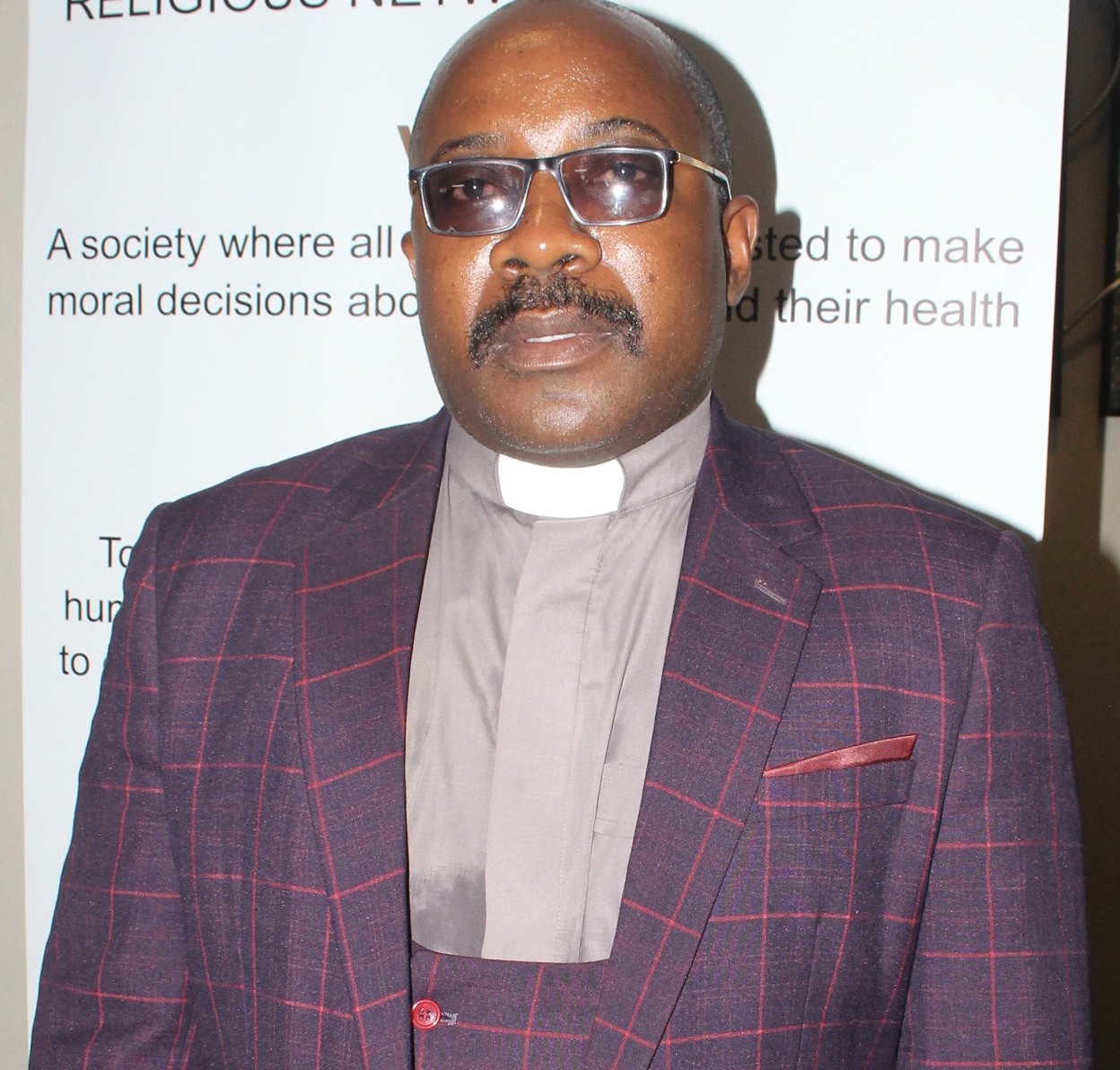Malawi’s reproductive justice network urges government to implement ruling on access to safe abortion
Malawi’s Sexual and Reproductive Justice Network (SEJUN) has urged the government to start providing safe abortion services to victims of sexual violence, in light of the recent High Court ruling.

